Yong Zheng
Xuejun
Understanding Language Modeling Paradigm Adaptations in Recommender Systems: Lessons Learned and Open Challenges
Apr 04, 2024Abstract:The emergence of Large Language Models (LLMs) has achieved tremendous success in the field of Natural Language Processing owing to diverse training paradigms that empower LLMs to effectively capture intricate linguistic patterns and semantic representations. In particular, the recent "pre-train, prompt and predict" training paradigm has attracted significant attention as an approach for learning generalizable models with limited labeled data. In line with this advancement, these training paradigms have recently been adapted to the recommendation domain and are seen as a promising direction in both academia and industry. This half-day tutorial aims to provide a thorough understanding of extracting and transferring knowledge from pre-trained models learned through different training paradigms to improve recommender systems from various perspectives, such as generality, sparsity, effectiveness and trustworthiness. In this tutorial, we first introduce the basic concepts and a generic architecture of the language modeling paradigm for recommendation purposes. Then, we focus on recent advancements in adapting LLM-related training strategies and optimization objectives for different recommendation tasks. After that, we will systematically introduce ethical issues in LLM-based recommender systems and discuss possible approaches to assessing and mitigating them. We will also summarize the relevant datasets, evaluation metrics, and an empirical study on the recommendation performance of training paradigms. Finally, we will conclude the tutorial with a discussion of open challenges and future directions.
MOPO-LSI: A User Guide
Jul 12, 2023Abstract:MOPO-LSI is an open-source Multi-Objective Portfolio Optimization Library for Sustainable Investments. This document provides a user guide for MOPO-LSI version 1.0, including problem setup, workflow and the hyper-parameters in configurations.
Hybrid Multi-Criteria Preference Ranking by Subsorting
Jun 20, 2023Abstract:Multi-criteria recommender systems can improve the quality of recommendations by considering user preferences on multiple criteria. One promising approach proposed recently is multi-criteria ranking, which uses Pareto ranking to assign a ranking score based on the dominance relationship between predicted ratings across criteria. However, applying Pareto ranking to all criteria may result in non-differentiable ranking scores. To alleviate this issue, we proposed a hybrid multi-criteria ranking method by using subsorting. More specifically, we utilize one ranking method as the major sorting approach, while we apply another preference ordering method as subsorting. Our experimental results on the OpenTable and Yahoo!Movies data present the advantages of this hybrid ranking approach. In addition, the experiments also reveal more insights about the sustainability of the multi-criteria ranking for top-N item recommendations.
ITM-Rec: An Open Data Set for Educational Recommender Systems
Mar 17, 2023Abstract:With the development of recommender systems (RS), several promising systems have emerged, such as context-aware RS, multi-criteria RS, and group RS. However, the education domain may not benefit from these developments due to missing information, such as contexts and multiple criteria, in educational data sets. In this paper, we announce and release an open data set for educational recommender systems. This data set includes not only traditional rating entries, but also enriched information, e.g., contexts, user preferences in multiple criteria, group compositions and preferences, etc. It provides a testbed and enables more opportunities to develop and examine various educational recommender systems.
Multi-Objective Recommendations: A Tutorial
Aug 13, 2021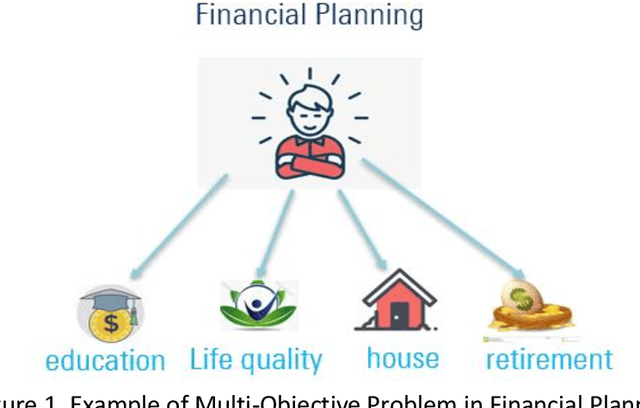
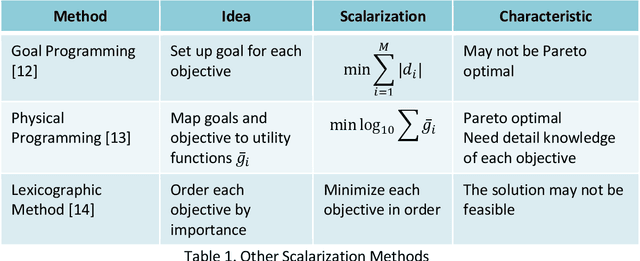

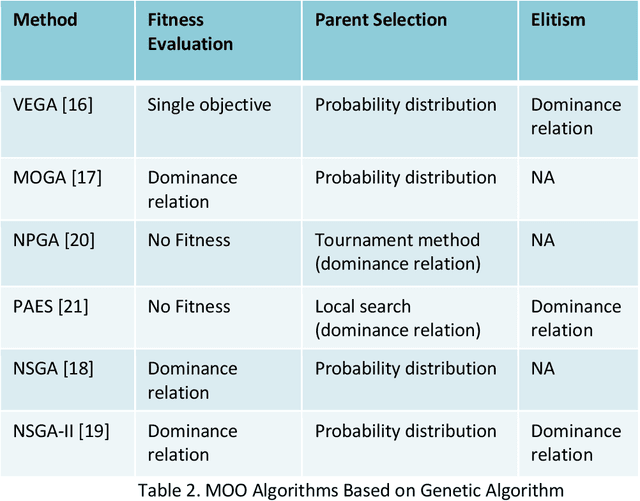
Abstract:Recommender systems (RecSys) have been well developed to assist user decision making. Traditional RecSys usually optimize a single objective (e.g., rating prediction errors or ranking quality) in the model. There is an emerging demand in multi-objective optimization recently in RecSys, especially in the area of multi-stakeholder and multi-task recommender systems. This article provides an overview of multi-objective recommendations, followed by the discussions with case studies. The document is considered as a supplementary material for our tutorial on multi-objective recommendations at ACM SIGKDD 2021.
Time-Aware Music Recommender Systems: Modeling the Evolution of Implicit User Preferences and User Listening Habits in A Collaborative Filtering Approach
Aug 26, 2020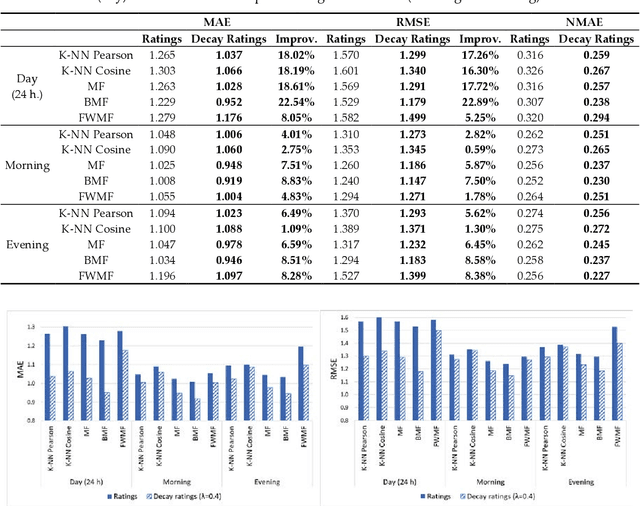

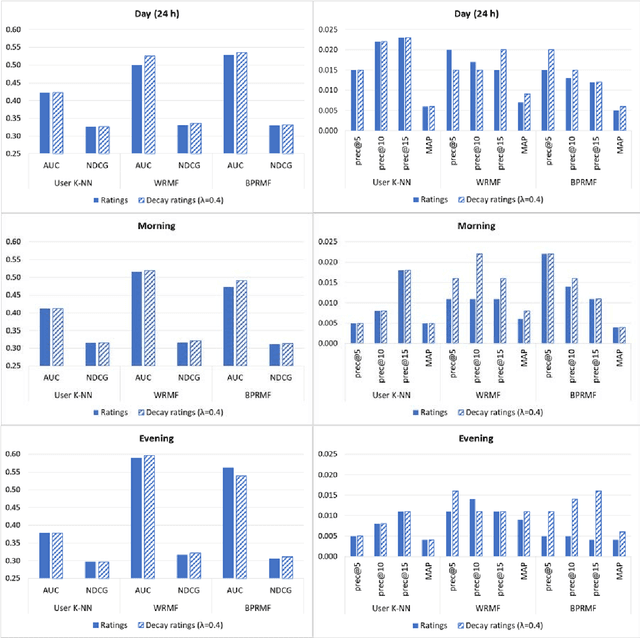
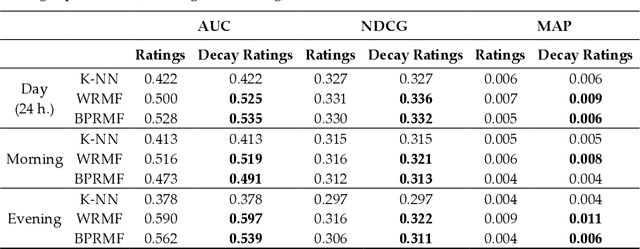
Abstract:Online streaming services have become the most popular way of listening to music. The majority of these services are endowed with recommendation mechanisms that help users to discover songs and artists that may interest them from the vast amount of music available. However, many are not reliable as they may not take into account contextual aspects or the ever-evolving user behavior. Therefore, it is necessary to develop systems that consider these aspects. In the field of music, time is one of the most important factors influencing user preferences and managing its effects, and is the motivation behind the work presented in this paper. Here, the temporal information regarding when songs are played is examined. The purpose is to model both the evolution of user preferences in the form of evolving implicit ratings and user listening behavior. In the collaborative filtering method proposed in this work, daily listening habits are captured in order to characterize users and provide them with more reliable recommendations. The results of the validation prove that this approach outperforms other methods in generating both context-aware and context-free recommendations
 Add to Chrome
Add to Chrome Add to Firefox
Add to Firefox Add to Edge
Add to Edge